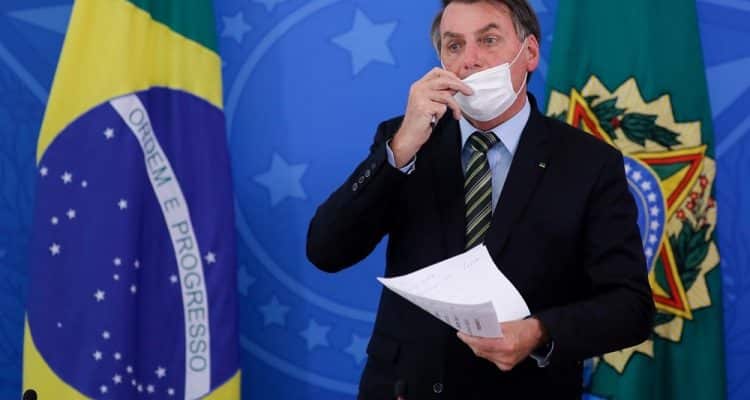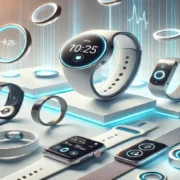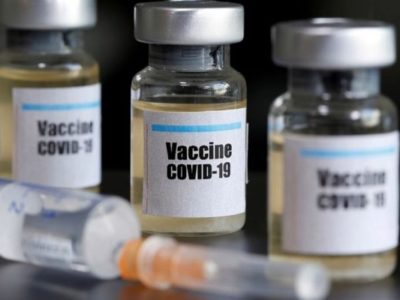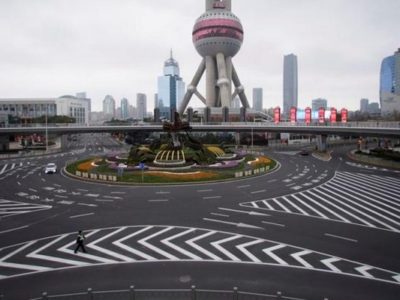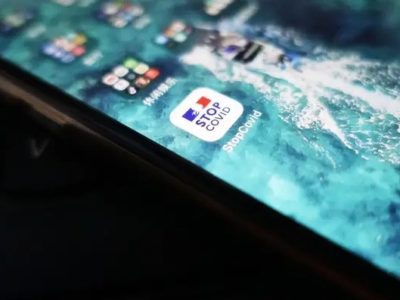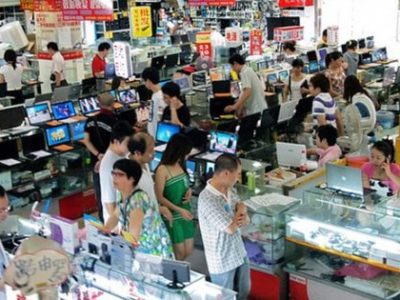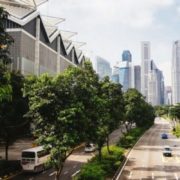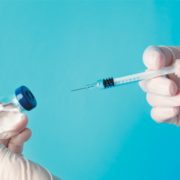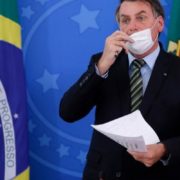Brazil is currently one of the countries in the world most affected by the SARS-CoV-2 coronavirus pandemic, with more than 300,000 cases of infection. But alongside the fight between doctors and biologists to fight the disease, Brazilian scientists must also fight against the government of Bolsonaro and its resolutely anti-scientific ideas. The Brazilian president has distinguished himself since the start of his mandate by incessant cuts in the national scientific budget, and by his climate-skeptical and anti-environment positions. The journal Nature interviewed Luiz Davidovich, president of the Brazilian Academy of Sciences, regarding the current situation in the country in the context of the pandemic.
The country has the third highest number of confirmed cases of COVID-19 in the world, with more than 300,000 infections and 20,000 deaths. Scientists must fight not only the coronavirus, but also the government’s anti-scientific position. President Jair Bolsonaro, who has been pictured shaking hands with supporters in recent weeks, has rejected social distancing measures while promoting the antimalarial drug chloroquine as a treatment for coronaviruses despite the lack of evidence from its effectiveness .
Former health minister Luiz Mandetta was fired in mid-April after disagreement over Bolsonaro’s response to the pandemic. His successor, Nelson Teich, resigned on May 15, after only a month of work. Despite the turmoil, Brazilian researchers are working hard to overcome the challenges posed by the pandemic, says physicist Luiz Davidovich, president of the Brazilian Academy of Sciences in Rio de Janeiro. Nature’s magazine asked him about the impact of anti-scientific attitudes and budget cuts in the country, as well as the possibilities of post-pandemic research.
What is the role of scientists in the pandemic in Brazil?
Scientists are working hard across the country. Engineers are working to design reliable but cheaper respirators, chemists are exploring compounds for possible treatments, and mathematicians are using artificial intelligence to identify molecules that could help relieve patient pain. Research has also been conducted on possible vaccines and clinical trials in the city of Manaus, in the Amazon, on the effect of chloroquine and hydroxycholoroquine on people with COVID-19.
But the researchers involved in these trials had serious problems due to negative results. Because the results of the trials indicated that the drugs were not working, scientists began to receive calls from people threatening their lives and their families. This shows the situation we have here. The Brazilian Academy of Sciences has called on the government to support and protect these scientists.
How has the situation affected research that is not related to the coronavirus?
Are there areas of the country where government officials are more open to scientific advice?
Yes ; a good example is the northeast of Brazil. It is one of the poorest regions and there are many more scientists in the southeast than in the northeast. But in March, a scientific committee was formed to assist the governors of the northeast states. The committee has published reports on the development of science and how to restore what we call the “new normal” in the country. They are in close contact with the governors, and this is a good example for the whole country. The governors of Rio de Janeiro and São Paulo have also formed scientific advisory committees.
Is the pandemic changing public perceptions of science?
We are trying to assess this more closely, but science is everywhere in the press. Scientists are invited by TV stations to talk about science. People say that science is very important at the moment – but on the other hand, some people still think that the Earth is flat, that humans have no effect on the climate and that natural selection is wrong. But I think the Brazilian media is paying more attention to scientists. The national newspaper O Globo now has a section called “ A Hora da Ciência ” (the hour of science). Every day he presents different scientists talking about the science linked to the pandemic. I hope they will continue this section after the pandemic.
How have budget cuts affected science in Brazil?
Since 2013, funding for science in Brazil has continued to decline. We have outdated equipment in many labs and the labs have fewer supplies. Due to cuts in the science budget, young scientists have left Brazil. Last year, four young people left my group – brilliant people who left for other countries. It is not only a question of lack of resources. It is also the general atmosphere in the country, the fact that they believe that the government does not encourage science in Brazil. It’s bad for Brazil, because these are the people who bring new ideas and they are very motivated.
What opportunities do you see for post-pandemic research?
The Brazilian pharmaceutical industry is focused on generic drugs, producing pharmaceuticals that were originally developed by companies in other countries. There is a paradox here. Brazil has around 20% of the world’s biodiversity, and we don’t take advantage of it, because of an industrial policy that bet on generics and did not stimulate start-ups that could use Brazilian biodiversity for biomedicine. This pandemic has given rise to discussions on how to have a pharmaceutical industry focused on biopharmaceuticals based on Brazilian biodiversity.

